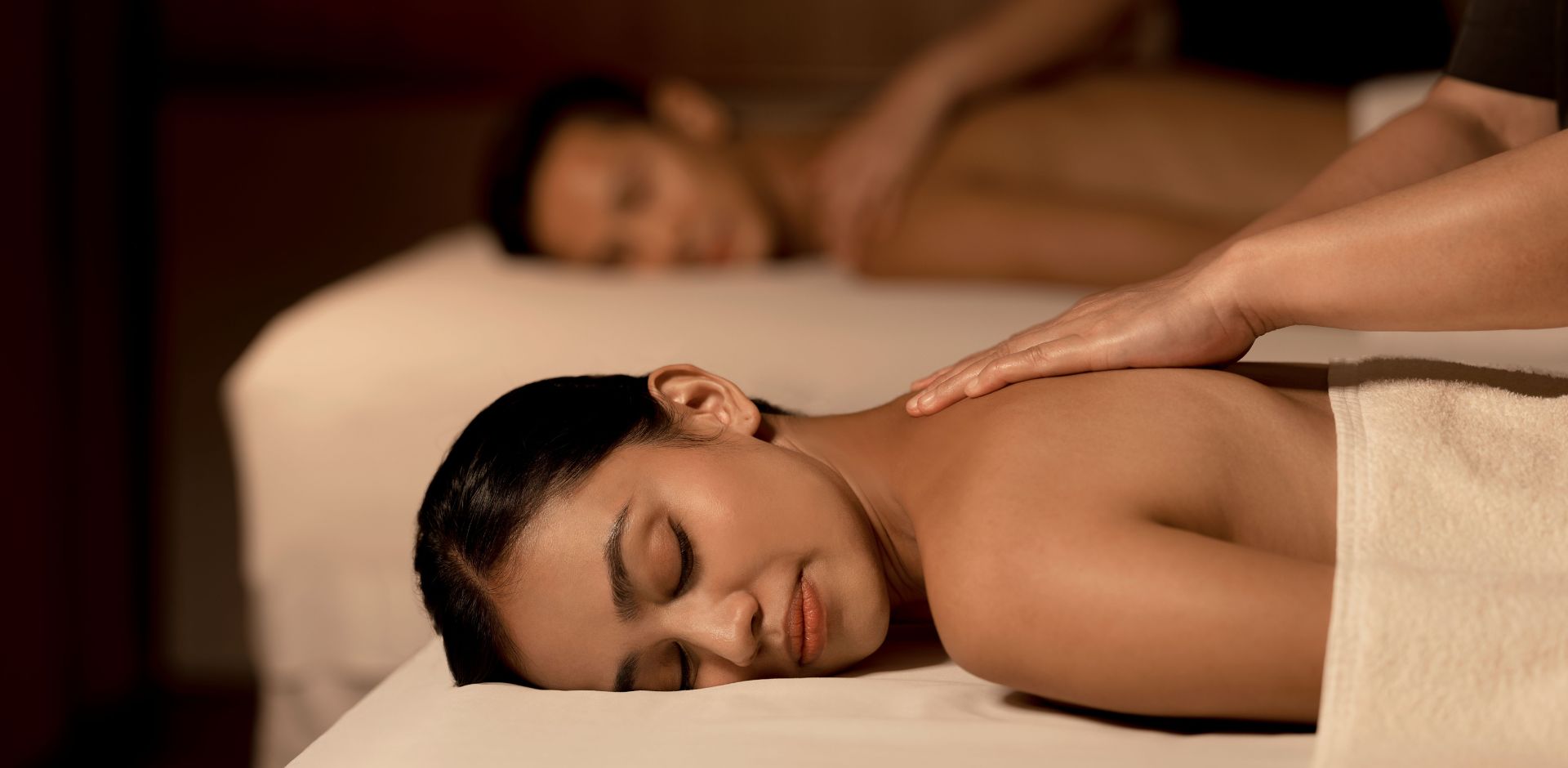
The Role Of Massage In Mental Health
Mental health issues are becoming more common in our fast-paced society. People struggle with depression, anxiety, and stress, all of which have a big influence on their quality of life. Although complementary treatments that target the mind-body link are becoming more popular, mainstream medicine still provides therapeutic alternatives. In this sense, massage therapy is particularly effective because it provides a number of advantages that enhance mental health.
Physiological Effects, Psychological Relief
Massage doesn’t just work on a physical level, easing muscle tension and knots. It has a profound impact on our nervous system. By stimulating the parasympathetic nervous system, massage encourages relaxation, lowers stress hormones like cortisol, and promotes feelings of calm. This physiological shift translates into psychological benefits. Studies have shown that massage therapy can:
- Reduce stress and anxiety: The calming effect of massage helps regulate the stress response, leading to a decrease in anxiety symptoms.
- Improve mood: Massage promotes the release of endorphins, the body’s natural mood elevators, leading to feelings of happiness and well-being.
- Combat depression: Research suggests that regular massage sessions can alleviate symptoms of depression, particularly when combined with traditional therapy.
- Enhance sleep quality: Massage can improve sleep patterns by promoting relaxation and reducing stress, which often disrupts sleep. Better sleep, in turn, contributes to improved mood and overall mental clarity.
Beyond Relaxation: The Power of Human Touch
The benefits of massage extend beyond the physiological. Human touch is a fundamental human need, and massage provides a safe and nurturing environment to experience it. This can be particularly helpful for individuals struggling with loneliness or isolation. The therapeutic touch of a massage therapist can:
- Reduce feelings of isolation: Physical contact during massage can foster a sense of connection and belonging.
- Improve body image: Massage can help individuals reconnect with their bodies in a positive way, promoting self-acceptance and body positivity.
- Boost self-care practices: Regular massage sessions encourage individuals to prioritize self-care and carve out time for relaxation, a crucial aspect of managing mental health.
Tailoring the Massage Experience
Massage therapy is a vast field with various techniques, each offering unique benefits. When seeking massage for mental health concerns, it’s important to communicate your goals with the therapist. Here are some options to consider:
- Swedish massage: This classic technique focuses on relaxation and stress relief, making it a good choice for general well-being.
- Deep tissue massage: While more intense, deep tissue massage can be helpful for targeting specific areas of tension that contribute to anxiety or headaches.
- Aromatherapy massage: Combining massage with essential oils can enhance the relaxation experience. Opt for calming scents like lavender or chamomile.
Massage as Part of a Holistic Approach
It’s important to remember that massage therapy is not a standalone treatment for mental health conditions. It should be seen as a complementary therapy used alongside traditional treatment plans like psychotherapy or medication, as advised by a healthcare professional. However, when incorporated strategically, massage can be a powerful tool for managing mental health symptoms and promoting overall well-being.
Taking the First Step
If you’re interested in exploring the benefits of massage for your mental health, here are some tips:
- Consult your doctor: Discuss your interest in massage therapy and ensure it’s safe for you, especially if you have any underlying health conditions.
- Find a qualified therapist: Look for licensed massage therapists with experience in addressing mental health concerns.
- Communicate openly: Discuss your goals for massage therapy with the therapist and tailor the session to your specific needs.
- Make it a regular practice: To reap the long-term benefits, consider incorporating regular massage sessions into your self-care routine.
By incorporating the soothing touch of massage into your life, you can unlock a natural pathway to improved mental well-being, reduced stress, and a more positive outlook. So, take a step towards prioritizing your mental health and experience the transformative power of massage therapy.


